Papayas are known for their bright colours, soft textures, and sweet flavours. Papayas are used in salads, smoothies, and shakes, among other things.
The fact that papayas are good for you makes them even more popular. This brightly coloured, pulpy tropical fruit is rich in antioxidants like vitamins A, C, and E, as well as fibre and healthy plant compounds.
When unripe, a papaya's skin is green, but after it's ripe, it turns orange. Depending on the variety, papaya might have a yellow, orange, or red tinge. There are many bitter, black seeds inside this pear-shaped fruit. Raw papaya has a lot of latex, which causes your uterus to contract, so it's best avoided if you're expecting.
Papain is an enzyme found in papaya that is used to tenderise meat, as well as in other products such as chewing gum, toothpaste, shampoo, face creams, and even breweries.
Diuretics, nerve discomfort, and parasitic intestinal infections are just some of the many gastrointestinal issues that papaya can help alleviate or prevent.
Table of Contents
What is papaya fruit?
Papaya, or Carica papaya to give it its scientific name, is a delicious fruit. Many people appreciate its pleasant sweetness and silky texture. The fruit itself is edible, but the seeds are much more bitter. Papayas are also known as papaws and pawpaws, as well as papita in Hindi.
Central America is the origin of papaya. They thrive in tropical climates with abundant rainfall but short dry spells. A papaya harvest could be ruined by subfreezing conditions.
Prior to the arrival of Christopher Columbus, the natives were already eating and medicinally using papayas. Colonial settlers from Europe brought the seeds to the Philippines and India, both of which are located in tropical regions, in the sixteenth and seventeenth centuries.
Hawaii, the Philippines, India, Ceylon, Australia, and tropical areas of Africa are currently the greatest places to grow papaya. There are still some modest papaya farms in Central and South America.
Other names of papaya fruit:
Papaya is known by many different names around the world. It's called papita in Hindi and pawpaw in Australia. It is sometimes called a kepaya, lapaya, or tapaya in southern Asia. It is called "figueir des iles" in French, which means "fig of the islands." The Spanish words for papaya include melon zapote, fruta bomba, and mamona.
How to select papaya?
To get the most out of your papaya purchase, plan ahead for when and how you plan to eat it. Green papayas aren't ripe enough to enjoy the full flavour and texture of the fruit. However, unripe papayas can be cooked or eaten raw in certain salads. Riper papayas will have reddish or orange skin. It should be slightly soft, but not mushy.
In order to eat unripe papayas that you purchased, you should leave them out at room temperature.
Simply split the papaya in half, remove the seeds with a spoon, and enjoy the orange interior. Despite the fact that the skin and seeds are edible, few individuals do so.
Nutritional value of papaya:
Vitamin C, Vitamin A, Vitamin B, Vitamin E, and Vitamin K are all abundant in papayas. They're a good source of energy and nutrition, including carbohydrates, proteins, and fibre.
Papaya is a nutritious powerhouse, with healthy amounts of fat in addition to calcium, manganese, potassium, copper, and magnesium.
When it comes to burning fat, papaya doesn't have any special properties. The high water and fibre content counteracts this. Therefore, it can aid in satiety. Keeping you feeling fuller for longer. If you're watching your weight, papaya might be a healthy addition to your morning meal or a late-night snack.
In addition to helping you feel full for longer, papaya's high satiety also reduces your cravings for harmful foods. The combination of its deliciousness and high healthiness make this fruit an excellent choice for those trying to trim down their waistline.
In addition to aiding in the elimination of potentially dangerous trans fats and lipids, papaya provides a wide range of nutrients that work together to fortify your body from the inside out. Put your thoughts in check. It's ready to consume after being sliced into pieces.
Is it safe to eat papaya when pregnant?
If the papaya is ripe, you can consume it while pregnant. However, pregnant women shouldn't eat green or almost ripe papayas. This is due to the presence of latex in unripe papayas. Research suggests that this concentrated latex form may stimulate uterine contractions.
Health benefits of papaya fruit:
- Lowers cholesterol:
Papayas have a lot of fibre, antioxidants, and Vitamin C, all of which help keep your arteries from getting too clogged up with cholesterol. Too much cholesterol can cause heart disease like heart attack, stroke, and high blood pressure.
This fruit is high in fibre, which helps lower blood pressure and control the amount of "bad" (LDL) cholesterol in the blood. The US Department of Agriculture (USDA) says that one large fruit (about 780 grams) has 13 to 14 grams of fibre, which is a good amount. Fibres also make digestion easier, give stools more bulk, and make it easier to go to the bathroom.
- Boosts Immunity
Papayas have more than 200 times the amount of Vitamin C you need every day. It can help keep diseases like scurvy away. Collagen can't be made without vitamin C, and collagen helps connect body tissues.
A lack of vitamin C can cause anaemia, weakness, skin problems, and gum disease, among other things. So, a bowl of papaya every day is a good way to avoid health problems like these.
- Papaya helps you lose weight
Papaya helps you lose weight because it is low in calories, high in fibre, and has a low GI. Papayas have a lot of fibre, which makes you feel full for a long time and cuts down on cravings.
A study found that papaya juice helps fight obesity, dyslipidemia, and inflammation in addition to lowering the absorption of lipids.
- Papaya Helps in Diabetes
One of the most noticeable signs of diabetes is a strong desire for sweet foods. Papaya is very good for people with diabetes because it has a low glycemic index (GI) and a high fibre content, which keeps their blood sugar from going up.
A study found that papaya lowers the amount of sugar in the blood. Flavonoids are natural antioxidants that are found in fruit and may help regulate blood sugar.
- Prevent arthritis:
Papain, a chemical that helps reduce inflammation, is naturally found in papaya. Papain has been shown to reduce joint pain and stiffness, which makes it a great supplement for people with arthritis.
Also, people with arthritis have a lot of pain because their bones keep getting weaker. Papayas are good for people who might get arthritis in the future because they stop the bones from getting inflamed. So, different kinds of arthritis can be kept at bay.
- Papaya makes digestion easier
Because papaya has an enzyme called papain, which is strong enough to soften meat and stop stomach problems, eating it can help with digestive problems. The high fibre and water content helps with digestion, speeds up the movement of food through the intestines, and softens and regulates bowel movements.
- Papaya is good for your eyesight
Your eyesight is another health benefit of papaya. The fruit has a lot of vitamin A, which is great for your eyes. Macular degeneration is a big reason why our eyesight gets worse as we age.
Zeaxanthin, a powerful antioxidant that helps people see, is also found in papaya flesh. By blocking UV light, it keeps retinal cells from getting hurt, especially from age-related macular degeneration, and also keeps people from going blind.
- Papaya keeps wrinkles and other signs of ageing at bay
Papaya benefits you by making you look younger. The fruit is a great source of vitamin C, which helps your body make collagen. This makes your tissues stick together. Overall, if you eat a bowl of papaya every day, you'll look at least five years younger than you are.
- Papaya reduces stress
There are also benefits for your mind when you eat papaya. People with stressful jobs are especially encouraged to eat a bowl of papaya every day. Vitamin C in papayas helps keep the flow of stress hormones in check.
- Prevents cancer
Studies have shown that a daily dose of antioxidants, flavonoids, and phytonutrients can stop cancer cells from building up. People with colon and prostate cancer are less likely to get sick if they eat papaya every day.
But these studies are still in the beginning stages. You shouldn't start doing them without doing research and talking to your oncologist first.
11.Eases Menstrual Pain
Every woman will tell you that the worst part of her period is the cramps. Women who get really painful cramps should eat papaya often. One of the main benefits of papaya, especially for women, is that it helps the flow of menstrual blood.
Papayas have an enzyme called papain in them that makes it easier for blood to flow out of your uterus.
Frequently Asked Questions on Papaya
Ques: Should anyone avoid papaya?
Ans. Women who are pregnant, people who are allergic to papain, and people who are going to have surgery should not eat papaya.
Ques. Does papaya burn fat?
Ans. Papaya aids digestion. But there isn't any proof that it burns fat.
Ques. Can we eat papaya daily?
Ans. Yes, you can eat papaya daily to stay full of energy and protect yourself from a number of illnesses.
Ques. Does papaya give you gas?
Ans. Yes, eating too much papaya can make you gassy and have loose stools.
Ques. Is papaya low in calories?
Ans. Yes, papaya is a fruit that is low in calories. For example, there are only 62 calories in a cup of diced papaya.
Ques. Can I eat papaya at night?
Ans. Papaya can help you go to the bathroom. So, if you want to have a good bowel movement, you should eat papayas before bed.
Ques. Does papaya help you lose weight?
Ans. Yes, papaya is great for people who want to lose weight. It has a low number of calories, a medium GI, and is a good source of fibre.
Ques: Can I eat papaya when I'm not hungry?
Ans. If you eat papayas on an empty stomach, they can help clean out your digestive system and get rid of toxins.

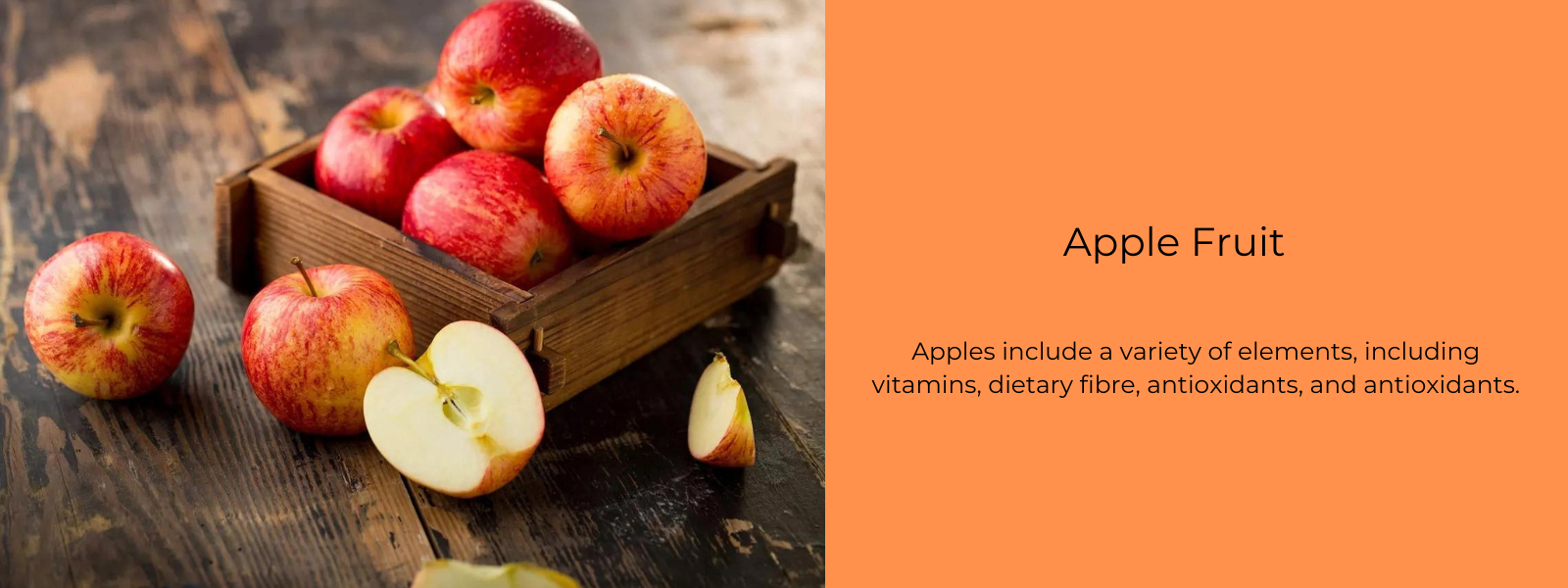
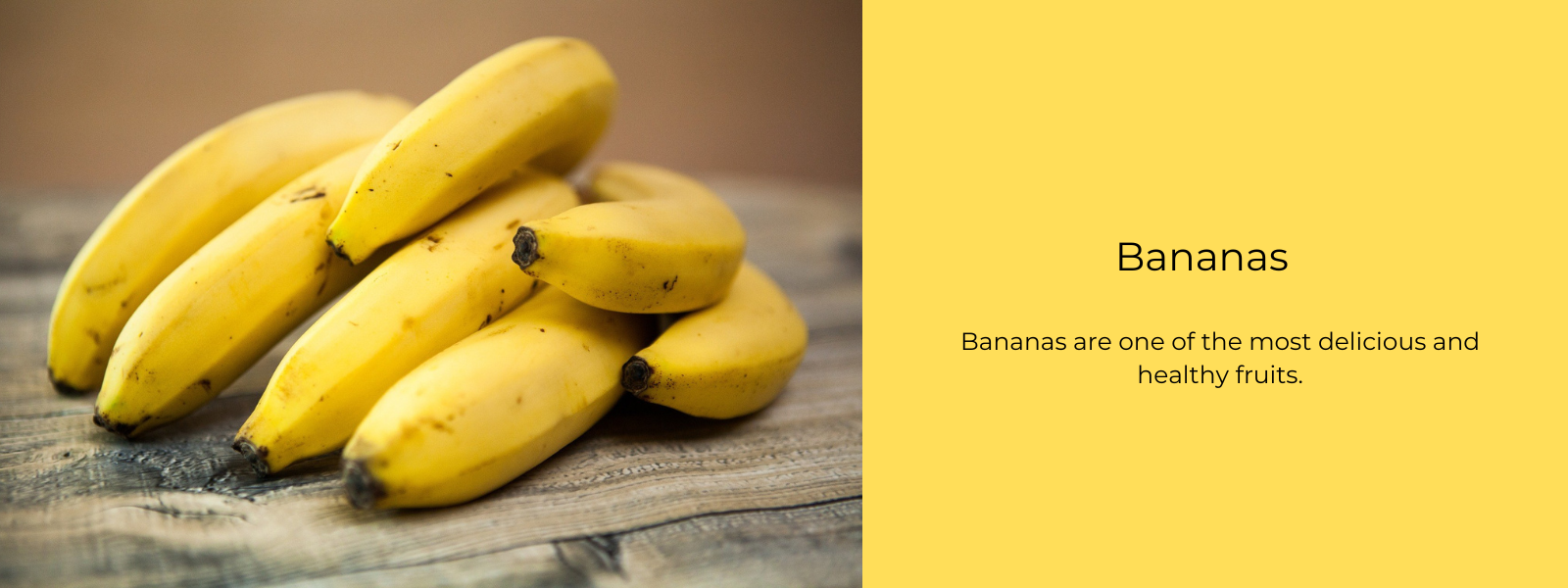
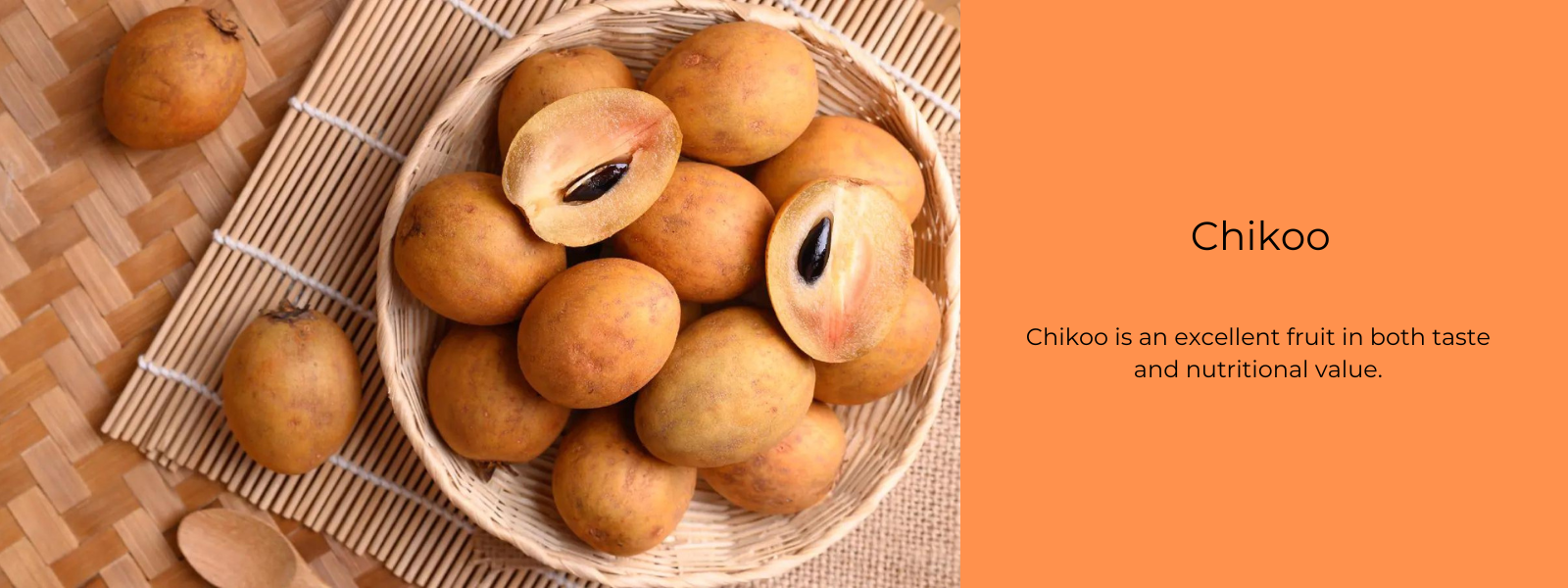
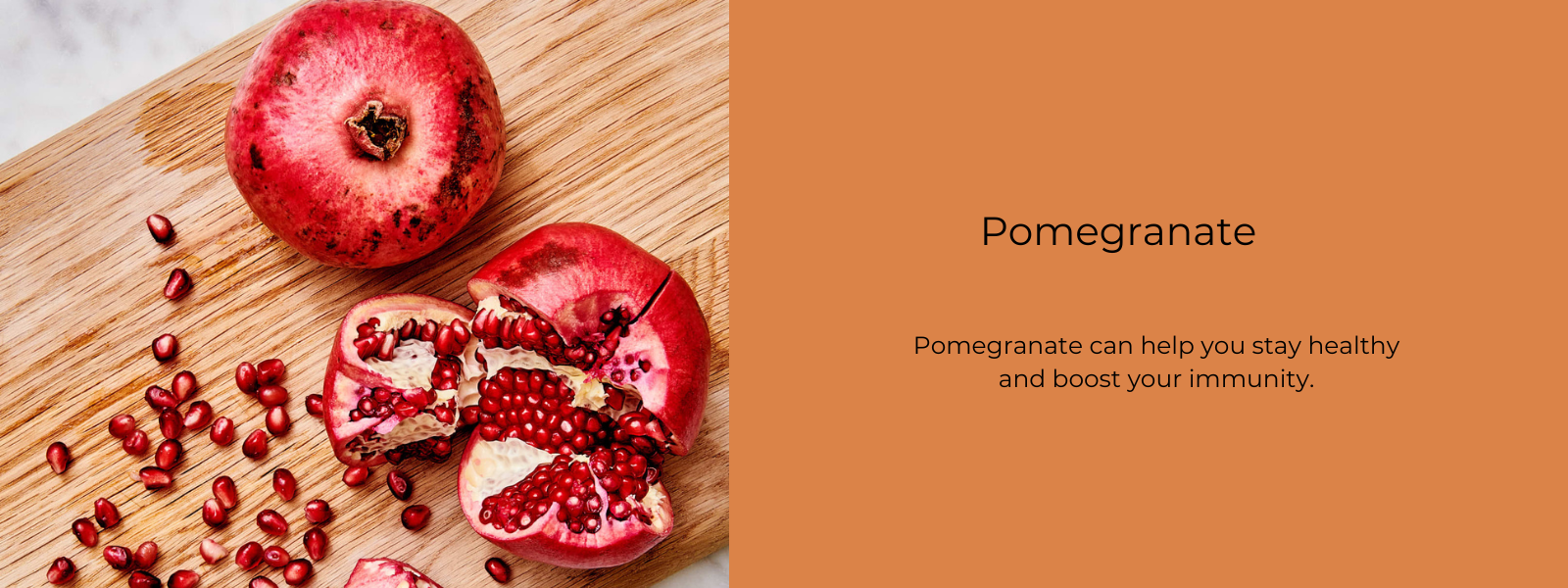

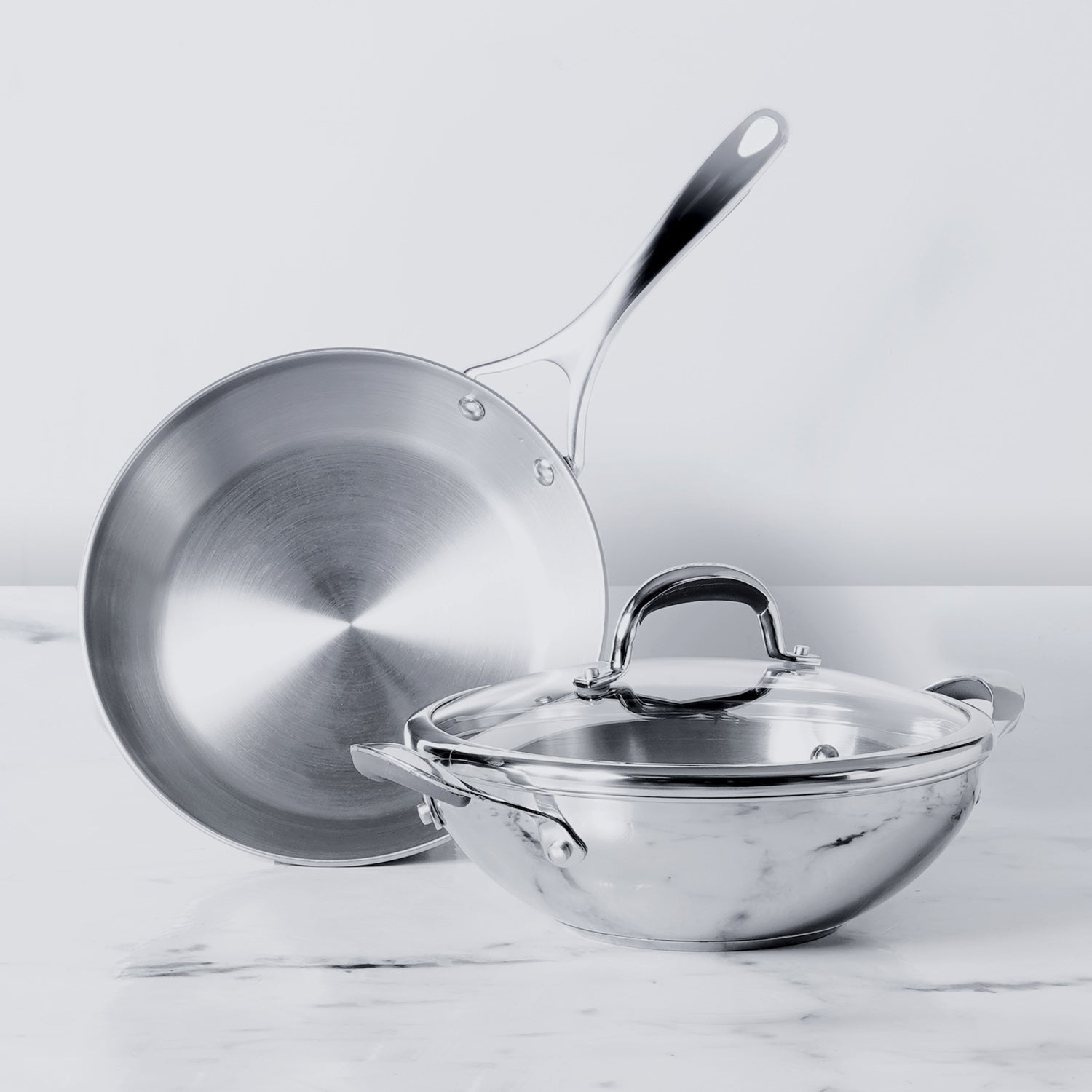




Leave a comment